The COVID-19 crisis has come at a time when the South African energy and chemical giant Sasol is reeling from the impact of a troubled investment in the US.
Few African chief executives have it as tough as Sasol’s Fleetwood Grobler. Having inherited a costly chemical plant project in the United States, Grobler is trying to right the ship after the firm posted a loss of R91.3bn ($5.5bn) in the year ending June 30 amidst the impact of the COVID-19 pandemic.
Grobler was sanguine in an interview with The Africa Report: “I look at the stage when I put my feet under the desk – it was a volatile time in the company’s history. We had challenges, we still do.”
Grobler was promoted to Sasol president and CEO in late 2019 after joint chief executives Bongani Nqwababa and Stephen Cornell resigned following cost overruns and deadline misses at the Lake Charles Chemicals Project (LCCP). The $12.6bn project is an attempt by Sasol to gain a foothold in the US market and is also meant to serve as a catalyst for Sasol establishing itself as a serious global player in the base and performance chemicals space.
That bet has been disastrous. It made the company exceed its gearing ratio and compromised its balance sheet. This spooked the market and sparked a run on Sasol’s stock. The debt markets, in turn, snubbed the integrated chemicals and energy company. The board stepped in last year and instituted an inquiry to determine the underlying causes of Sasol’s troubles.
It showed a culture bereft of candour and steeped in subservience, which contributed to delays and the concealment of the true costs of the LCCP. Grobler came in as the face of the clean-up. His job has become all the more difficult with COVID-19 causing lower fuel demand and a weaker rand exchange rate.
READ MORE Moody’s downgrade forces drastic action from Sasol
“One of my first objectives was to set the right tone from the top. I engaged with the people of Sasol in setting objectives […] about speaking up and being transparent. We will continue with all initiatives to manage us through this volatile period,” says Grobler.
Asset sell-off
Sasol has about $10bn in debt, and its weak balance sheet has prevented it from tapping into the debt market. Sasol executives plan to sell off assets to reduce the debt by $6bn in the 2021 financial year.
Deals were in various states of completion in late August. Executives were negotiating with Air Liquide to sell 16 air separation units at Secunda. The sale of a 51% stake in Sasol’s explosives business to Enaex was completed. And the company agreed to sell its indirect stake in Nigeria’s Escravos gas-to-liquids project to supermajor Chevron. Sasol also plans to issue new shares, with a target of a $2bn rights issue in 2021.
Grobler and others have tough decisions to make about about operations, capital projects and the company’s portfolio of assets. Much of the finer detail of the firm’s organisational shake-up is due to be announced in November. The situation is unusual for Sasol. Since its listing on the Johannesburg Stock Exchange 40 years ago, it has been a consistent performer.
READ MORE South Africa’s Sasol loses over $5bn, eyes painful restructuring
Grobler explains some of the changes: “We have entered early discussions on partnering at our US base-chemicals asset. However, we recognise it is a challenging environment for [mergers and acquisitions], so we do not want to be too specific on timing.”
Grobler and Sasol were bullish about oil prospects in West Africa last year, but that has now changed. “Under the prevailing oil price of around $25 to $45 per barrel, the whole world on oil and investment in terms of these assets has changed,” says Grobler.
“Our activities in Mozambique continue unaffected,” says Grobler, adding: “We have continued gas supply from Mozambique into our operations in South Africa. Furthermore, we continue to do explorations of further gas in Mozambique.”
Environmental wake-up call
Part of Sasol’s package of reforms includes reorganising capital projects in terms of their environmental impact. The company is one of the biggest polluters in South Africa, and says it will no longer invest in coal – instead targeting gas and renewables. Sasol has set a target of producing 600MW from renewable energy sources by 2030 and is starting with two 10MW plants in South Africa. South Africa’s introducion of a carbon tax in 2019 has cost implications for companies such as Sasol.
READ MORE South Africa: Sasol rejects AGM climate motion, again
In response to complaints by environmental lobby groups, Sasol has compiled a climate-change report. By 2030, it says it wants to reduce its greenhouse gas emissions at its South African operations by at least 10% “off our 2017 baseline”.
These plans might be delayed because of the urgent task of resetting Sasol balance’s sheet. “On our interaction with government, we will reshape that [environmental initiatives] portfolio. Also around year end, we will give more sense of what will shift. That process has started and we are making progress,” says Grobler.
This article is part of the print edition of The Africa Report magazine: ‘Where is Nigeria (really) heading?’
Source: https://www.theafricareport.com/50164/south-africas-sasol-a-fight-for-survival/

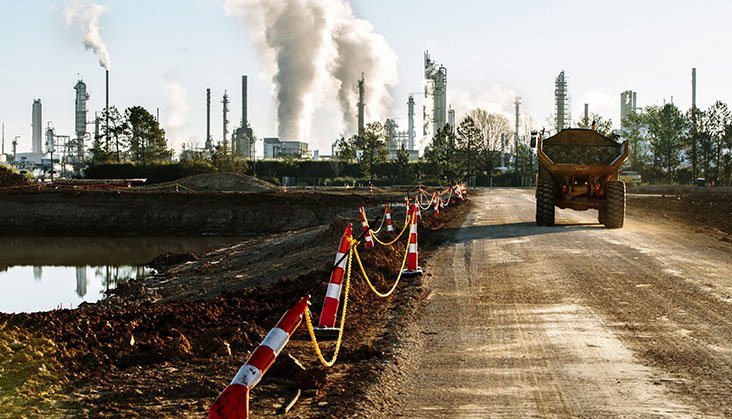
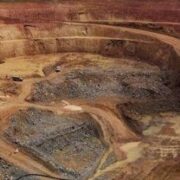
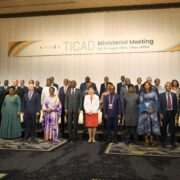
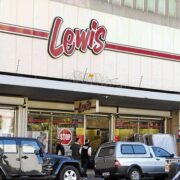
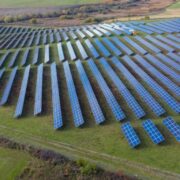

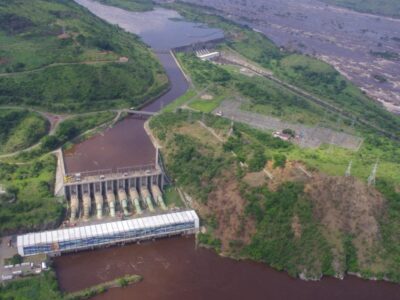

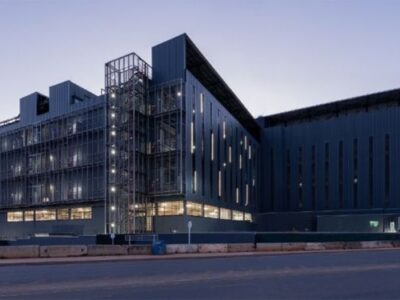

Comments